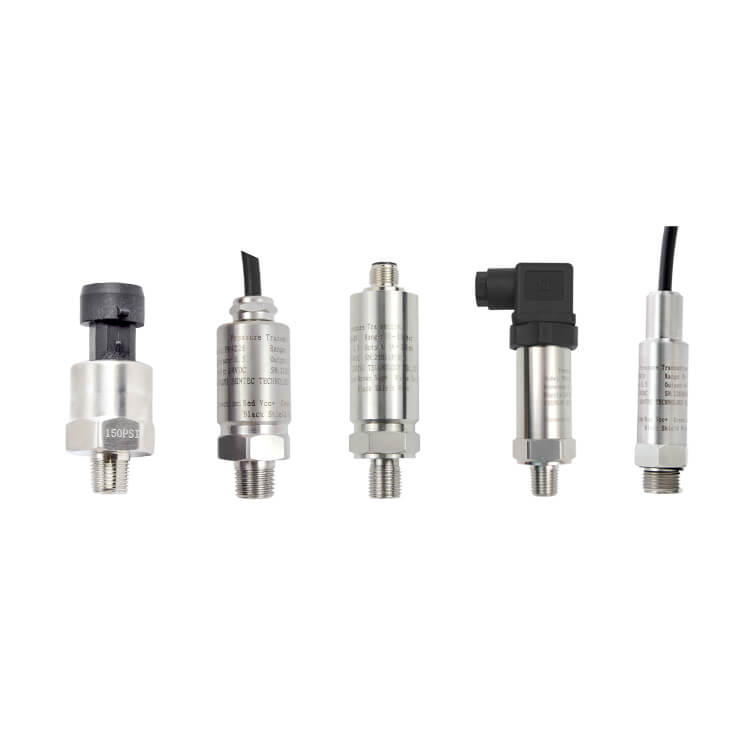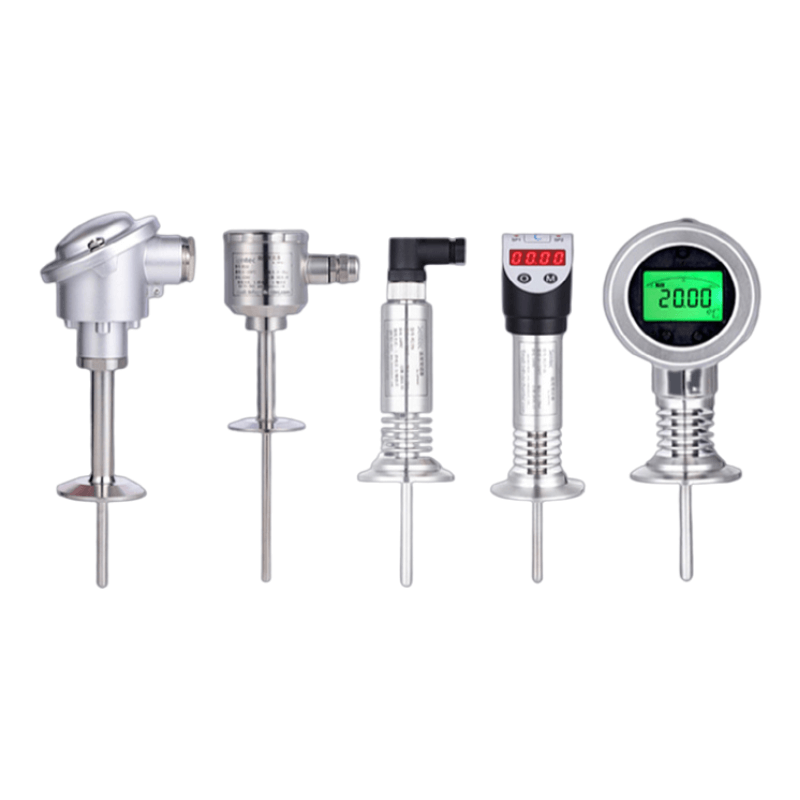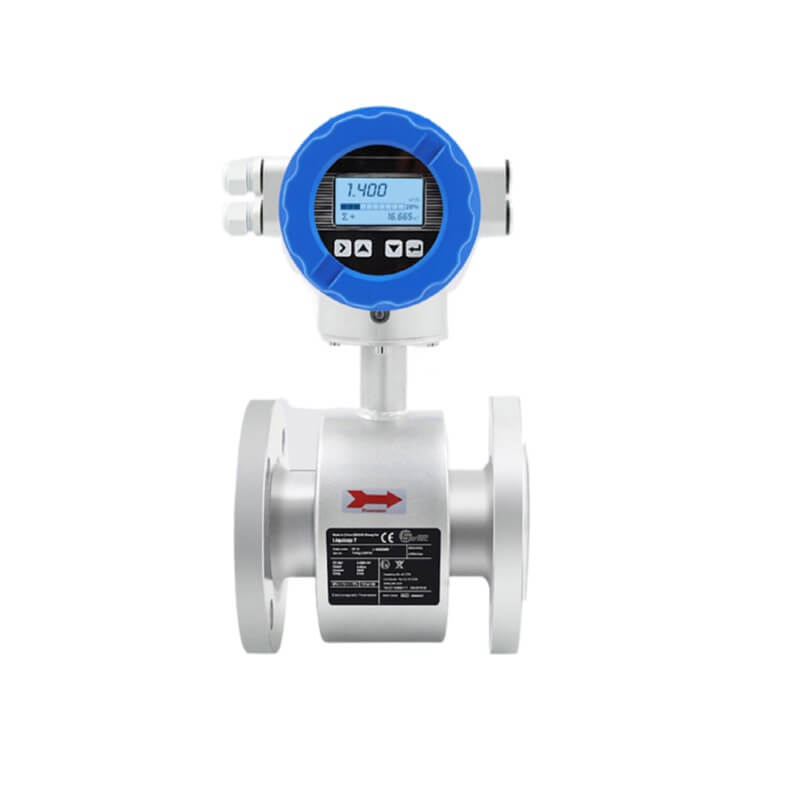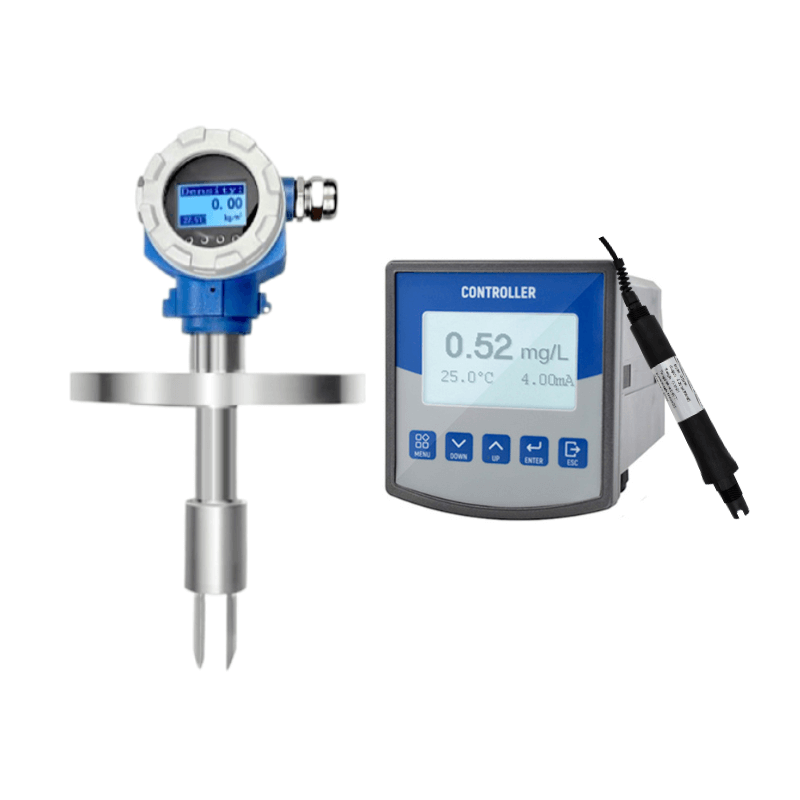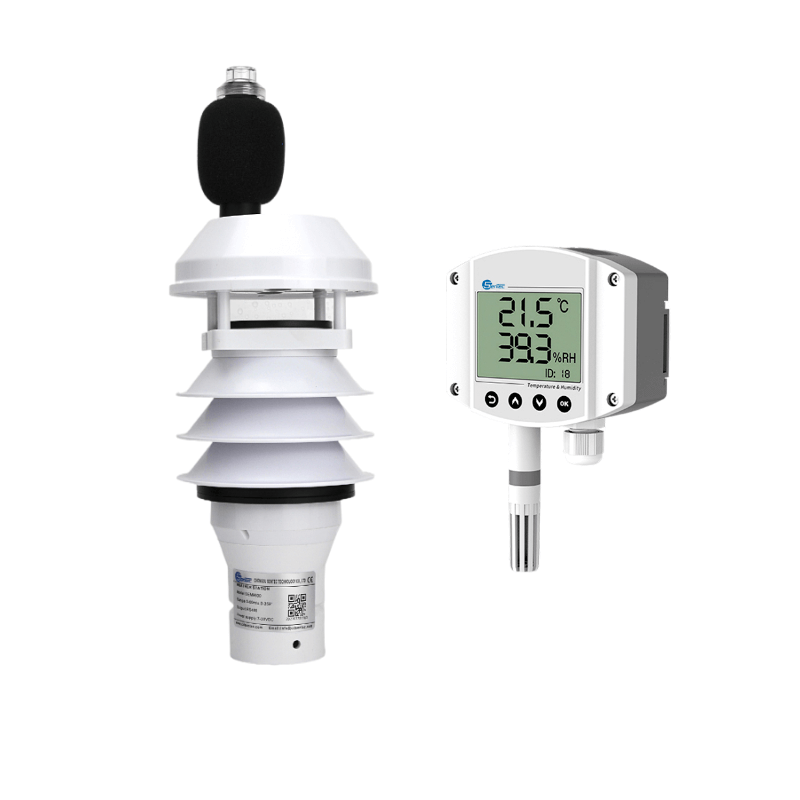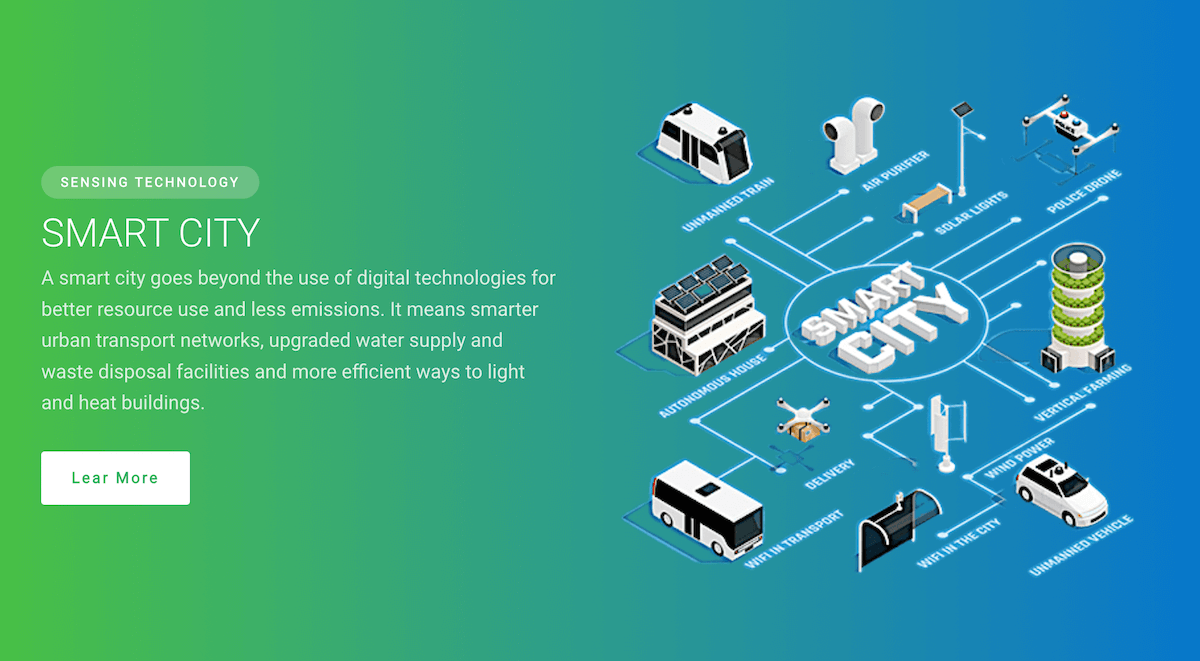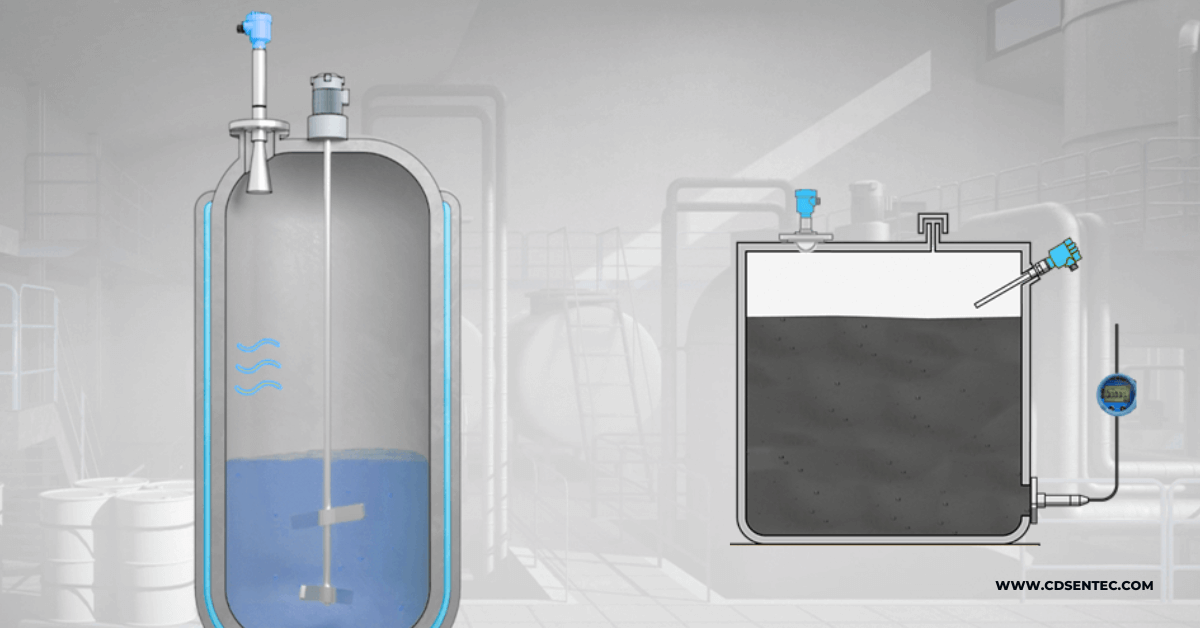The pulp and paper industry is a significant global force, contributing extensively to economies worldwide. This dynamic sector plays a pivotal role in producing a myriad of paper products, from newspapers and books to packaging materials and tissues. Given the complexity of its operations, the industry depends heavily on sophisticated machinery and technology.
Understanding the pulp and paper industry’s operations involves delving into its extensive processes, which include wood handling, pulping, bleaching, and papermaking. These processes are intricate and require precise control to ensure optimal productivity, safety, and sustainability. Amid these multifaceted operations, one aspect plays a crucial role: the application of level and pressure instrumentation.
The pulp and paper industry’s processes are largely dependent on the accurate measurement and control of various parameters, including temperature, pressure, and level. This is where the industry’s use of level and pressure instrumentation comes into the picture. It’s an integral part of ensuring the smooth functioning of the industry, and without it, operations would be significantly compromised.
Understanding Level and Pressure Instrumentation
Level and pressure instrumentation involve various devices and systems designed to measure and control the level and pressure within tanks, vessels, and other types of process equipment. This instrumentation is critical in many industries, including the pulp and paper industry, where it is used to maintain safe and efficient operations.
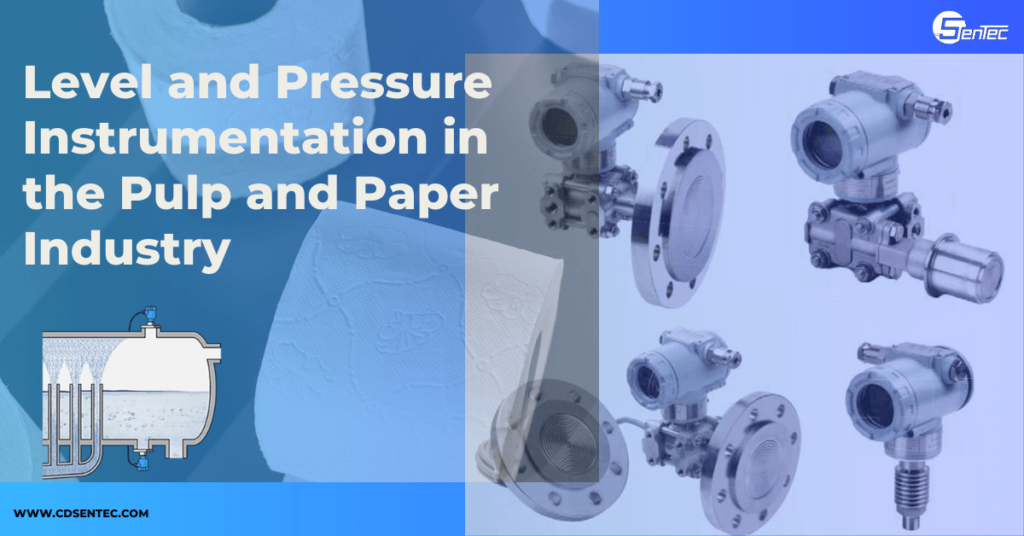
Level measurement instruments, such as level sensors and transmitters, provide vital data about the amount of material (be it liquid, solid, or slurry) present in a given container or process. On the other hand, pressure measurement instruments, like pressure sensors and gauges, monitor and control the pressure exerted by gases or liquids within a system.
Both level and pressure instruments come in various types, each designed to meet specific operational needs and industrial requirements. The choice of instruments depends on several factors, including the nature of the material being processed, the environmental conditions, and the specific requirements of the process.
Importance of Level and Pressure Instruments in the Pulp and Paper Industry
The pulp and paper industry relies heavily on level and pressure instruments to maintain efficient, safe, and cost-effective operations. These instruments are vital in various stages of the production process, from the initial wood handling and pulping to the final papermaking.
In the pulp and paper industry, level instruments are used to measure the amount of raw material in storage tanks, the level of black liquor in recovery boilers, and the level of pulp in pulp towers, among other applications. Accurate level measurement ensures optimal process control, minimizes the risk of overflows and leaks, and helps to maintain the quality of the finished product.
Pressure instruments, in turn, are used to monitor and control the pressure in various parts of the process, such as digesters, boilers, and paper machines. Maintaining the correct pressure is essential to ensure safe operations, prevent equipment damage, and optimize energy efficiency.
Exploring Process Control Instruments in the Industry
Process control instruments play a vital role in the pulp and paper industry, enabling operators to precisely monitor and control various process parameters. These instruments include not only level and pressure sensors but also temperature, flow, and pH sensors, among others.
Process control instruments are used in virtually all stages of the pulp and paper production process. For instance, temperature sensors are used to monitor the temperature in digesters and boilers, while flow meters are used to measure the flow of raw materials and process fluids. pH sensors, on the other hand, are used to monitor the pH of various process streams, which is critical for ensuring the quality of the final product.
The use of process control instruments in the pulp and paper industry not only enhances operational efficiency and product quality but also helps to ensure safety and environmental compliance. By providing real-time data on various process parameters, these instruments enable operators to quickly identify and address any process deviations or malfunctions.
Importance of Online Monitoring in the Pulp and Paper Industry
Online monitoring is another crucial aspect of the pulp and paper industry. It involves the continuous tracking of various process parameters, such as temperature, pressure, level, and flow, using process control instruments. Online monitoring provides real-time data, enabling operators to promptly detect and correct any process deviations.
In the pulp and paper industry, online monitoring is primarily used to maintain optimal process control, minimize downtime, and reduce waste. By providing timely and accurate data, online monitoring allows operators to continuously adjust the process parameters to ensure the highest possible efficiency and product quality.
Online monitoring also plays a critical role in ensuring safety and environmental compliance in the pulp and paper industry. By continuously monitoring critical process parameters, it can help to prevent potentially hazardous situations, such as overpressures or leaks, and ensure the industry’s operations are in line with environmental regulations.
Role of Automation Solutions in Optimizing Industry Operations
Automation solutions have become increasingly important in the pulp and paper industry, helping to streamline operations, increase productivity, and enhance safety. These solutions integrate various process control instruments and systems, enabling automated control of various process parameters.
In the pulp and paper industry, automation solutions are used to control the flow of raw materials, the operation of process equipment, and the quality of the finished product. They allow operators to monitor and control the entire production process from a central location, reducing the need for manual intervention and increasing operational efficiency.
Automation solutions also help to enhance safety in the pulp and paper industry by providing real-time alerts in case of process deviations or malfunctions. Furthermore, by enabling precise control of process parameters, these solutions can help to minimize waste and energy consumption, contributing to the industry’s sustainability efforts.
Level and Pressure Sensor Standards for Industrial Requirements
In the world of industrial instrumentation, standards play a crucial role. They ensure that instruments meet specific operational requirements, such as accuracy, reliability, and safety. Pulp and paper industry sensors, such as level and pressure sensor standards are no exception, setting the bar for the performance and functionality of sensors for efficient energy utilization in the paper industry.
Level and pressure sensor standards cover various aspects, including the instruments’ design, operation, calibration, and maintenance. These standards are developed by various international bodies, such as the International Electrotechnical Commission (IEC), the International Society of Automation (ISA), and the American Petroleum Institute (API), among others.
Adherence to these standards is critical in the pulp and paper industry, where the accuracy and reliability of level and pressure instruments can significantly impact operational efficiency, product quality, and safety. By complying with these standards, pulp and paper manufacturers can ensure that their process control instruments perform as expected and deliver consistent, reliable results.
Overview of Field Instruments in the Pulp and Paper Industry
Field instruments are another critical component of the pulp and paper industry’s operations. These instruments, which are installed directly at the process site, provide real-time data on various process parameters, such as temperature, pressure, level, and flow.
Field instruments in the pulp and paper industry include level and pressure sensors, temperature sensors, flow meters, and pH sensors, among others. These instruments are strategically placed throughout the production process, from the raw material handling and pulping stages to the final papermaking stage.
These instruments play a crucial role in ensuring optimal process control, enhancing product quality, and maintaining safety and environmental compliance. By providing accurate and timely data, they enable operators to promptly detect and correct any process deviations, minimizing downtime and reducing waste.
Advanced Measuring Instruments and their Significance
As the pulp and paper industry continues to evolve, so does the demand for advanced measuring instruments. These instruments, which incorporate the latest technology, offer enhanced accuracy, reliability, and functionality, making them a valuable asset for modern pulp and paper manufacturers.
Advanced measuring instruments in the pulp and paper industry include smart sensors, wireless instruments, and digital control systems, among others. These instruments offer several advantages, such as improved data accuracy, remote monitoring capabilities, and enhanced connectivity, which can significantly enhance operational efficiency and productivity.
Furthermore, advanced measuring instruments can play a vital role in the industry’s sustainability efforts. By providing precise control of process parameters, these instruments can help to minimize waste and energy consumption, contributing to a more sustainable production process.
Evolution and Future of Instrumentation in the Pulp and Paper Industry
Instrumentation has come a long way in the pulp and paper industry. From the rudimentary manual controls of the past, the industry has moved towards sophisticated automated systems, incorporating advanced level and pressure instruments, online monitoring capabilities, and automation solutions.
The future of instrumentation in the pulp and paper industry holds even more promise. With advancements in technology, the industry is expected to see the emergence of even more sophisticated instruments and systems, offering enhanced accuracy, reliability, and functionality.
Furthermore, the industry is likely to see increased adoption of smart instruments and digital technologies, such as the Industrial Internet of Things (IIoT) and artificial intelligence. These technologies can provide real-time data analysis and predictive capabilities, enabling proactive process control and further enhancing operational efficiency and productivity.
Conclusion
In conclusion, level and pressure instrumentation plays a crucial role in the pulp and paper industry, contributing significantly to the industry’s operational efficiency, product quality, safety, and sustainability. As the industry continues to evolve, the importance of these instruments, along with other process control instruments, online monitoring capabilities, and automation solutions, is only set to increase.
Looking ahead, the future of instrumentation in the pulp and paper industry looks promising, with the emergence of advanced measuring instruments and digital technologies offering new opportunities for process optimization and sustainability. As the industry strives to meet growing demand while minimizing its environmental impact, the role of instrumentation will undoubtedly remain critical.

